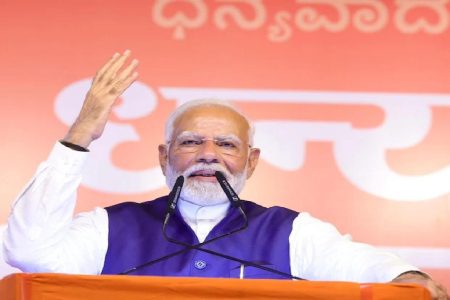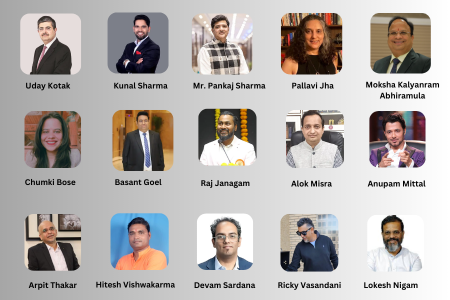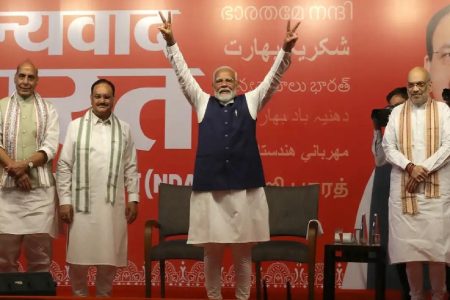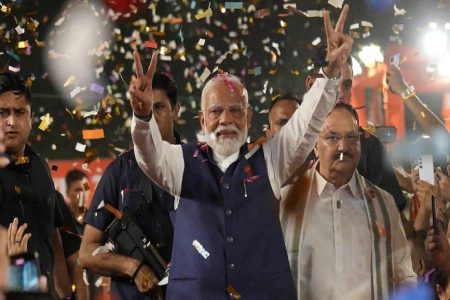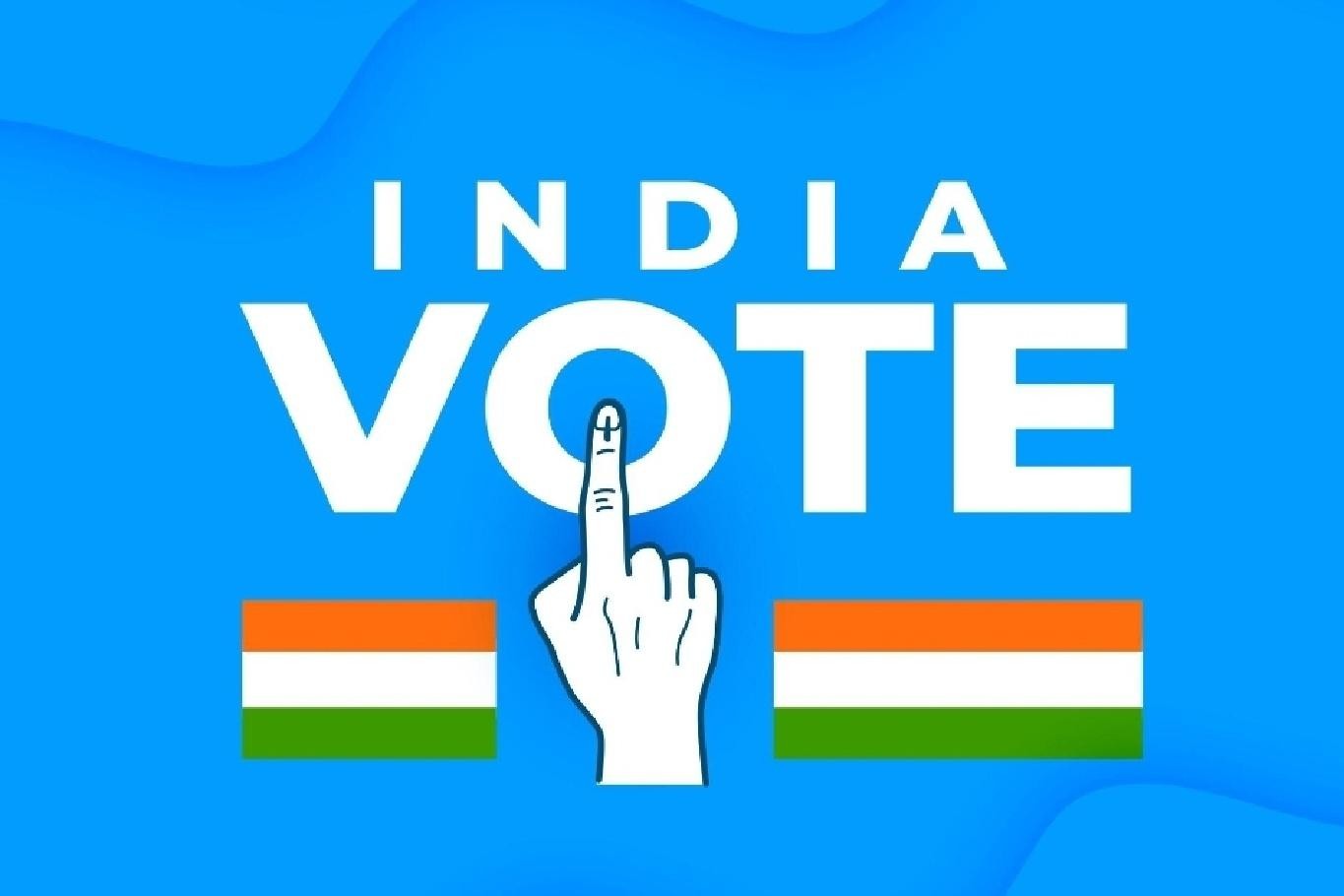
Millions of voters across 96 constituencies in India commenced their electoral duties as the nation’s extensive six-week-long election surpassed its midway point. Prime Minister Narendra Modi seeks reelection for a third consecutive term, eyeing a potential supermajority in Parliament.
This phase of voting, spanning nine states and one union territory, holds significant importance for Modi’s Bharatiya Janata Party (BJP), particularly in strongholds like Uttar Pradesh and Madhya Pradesh. Crucial seats in Maharashtra and Bihar, where the BJP governs in coalition with regional parties, are also contested in this round.
In Bihar’s Samastipur city, voters queued at polling stations amid tight security, expressing concerns over rising food prices, unemployment, and economic development.
Forecasts predict Modi’s BJP to secure victory against a broad opposition alliance led by the Indian National Congress and regional parties. The staggered election, scheduled until June 1, involves nearly 970 million voters selecting 543 members for the lower house of Parliament. Vote counting is slated for June 4.
Monday marks the conclusion of polling in the southern states, pivotal for the BJP’s campaign goal of securing a two-thirds majority in Parliament. Additionally, Srinagar in Kashmir holds elections amid the backdrop of Modi’s government asserting direct control over the region in 2019. Notably, the BJP refrains from contesting in the Muslim-majority Kashmir valley for the first time since 1996, leaving the field to regional parties opposed to the BJP.
Opposition parties view this decision as contradictory to the government’s narrative of success in Kashmir, highlighting concerns over decisions implemented without public consent.
While Modi initially emphasized development, recent campaign rhetoric has intensified the BJP’s Hindu nationalism agenda. Modi’s remarks targeting Muslims and allegations against the opposition Congress Party have drawn criticism.
In Bihar, voters express dissatisfaction with the BJP-led alliance’s performance in addressing issues like unemployment and inflation. Despite Modi’s confidence in the BJP’s prospects, analysts view the shift in tone as an attempt to sway Hindu voters and divert attention from pressing economic concerns.

